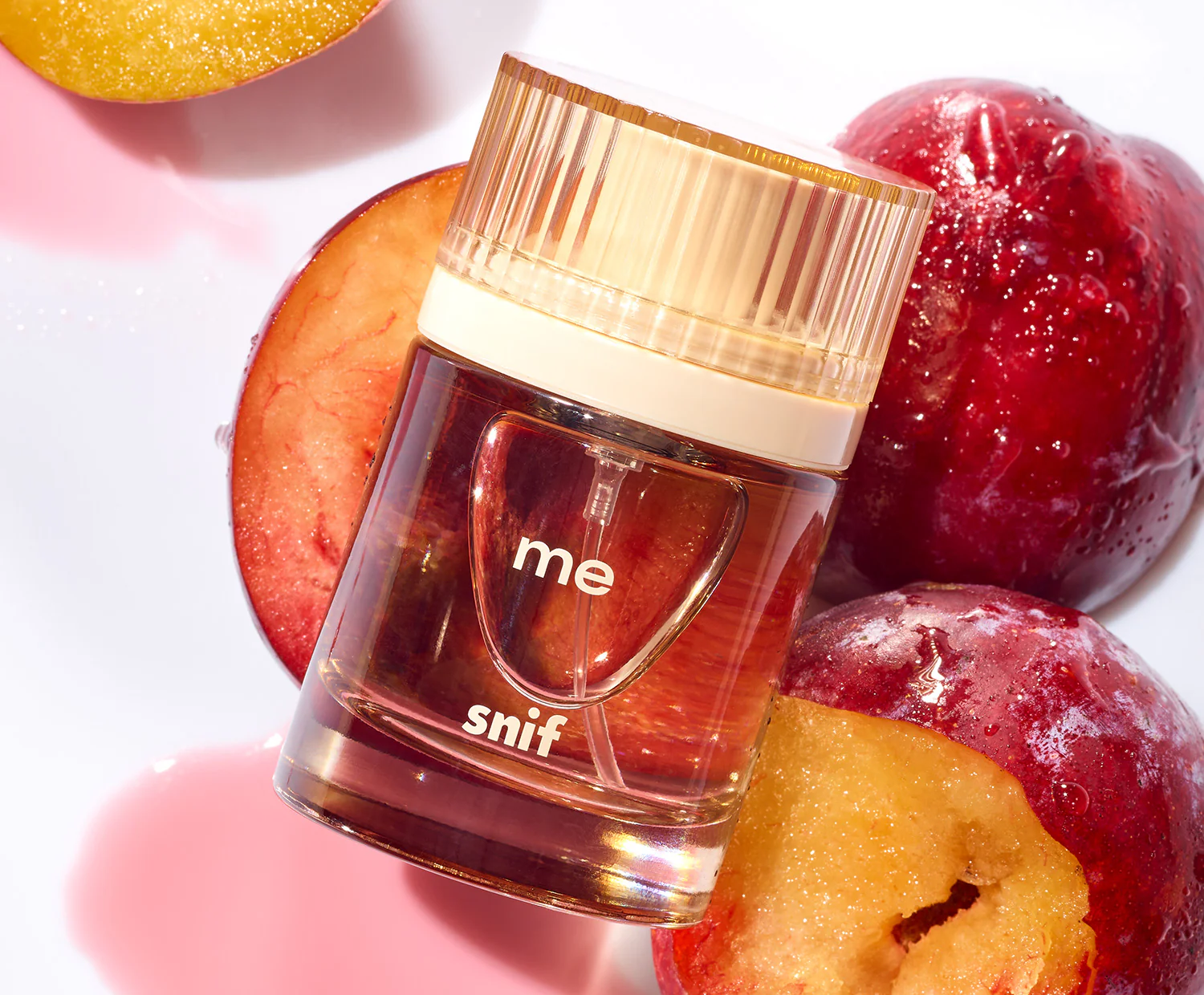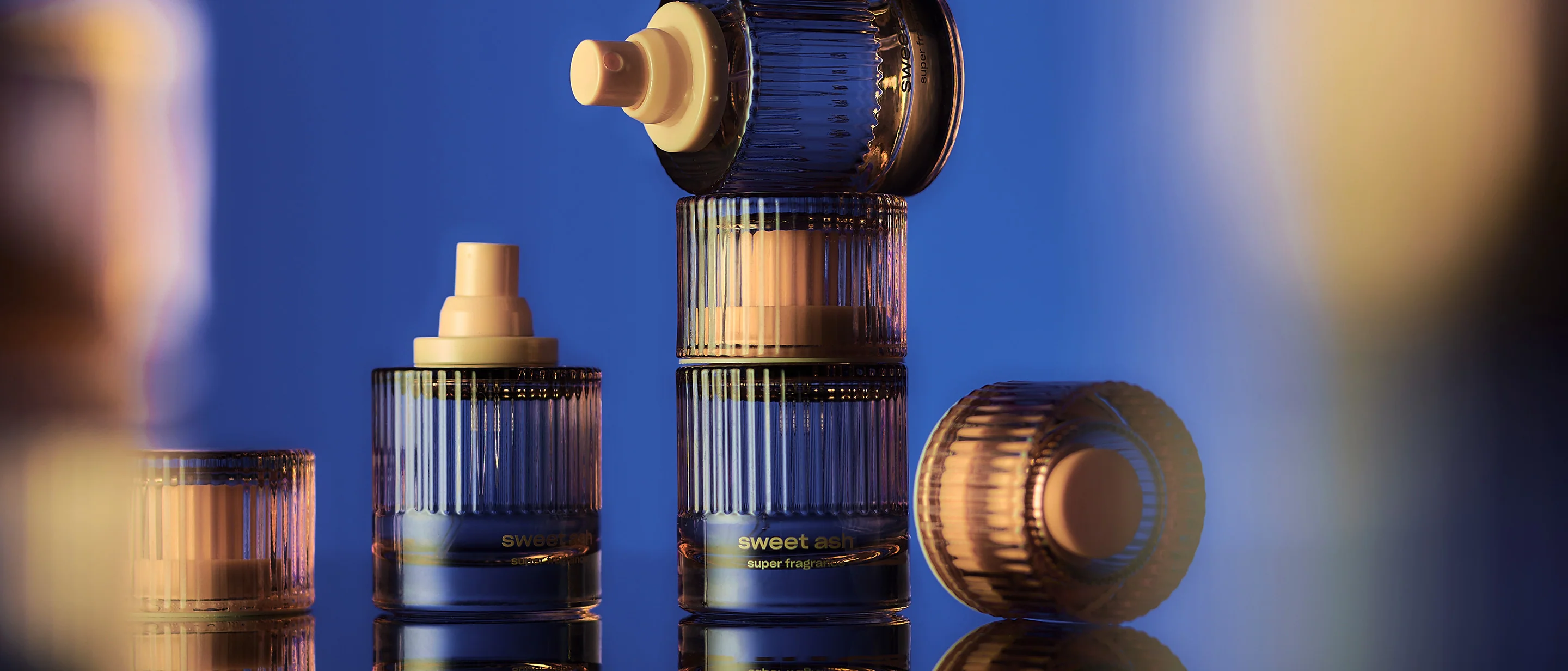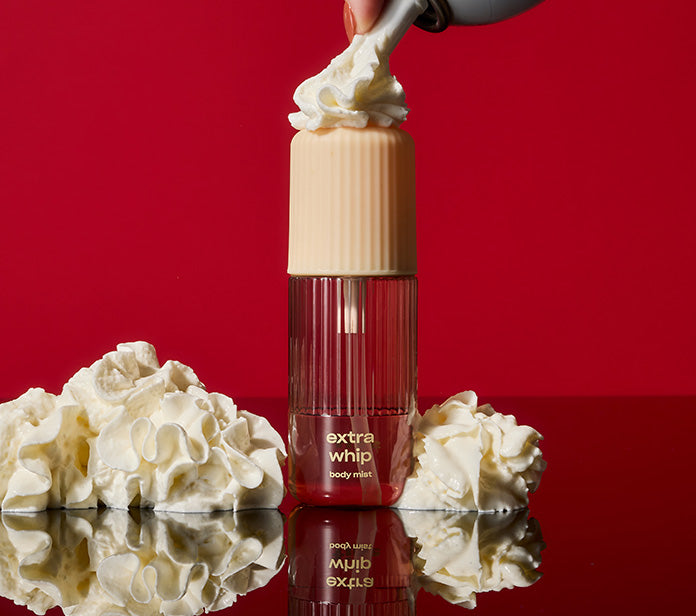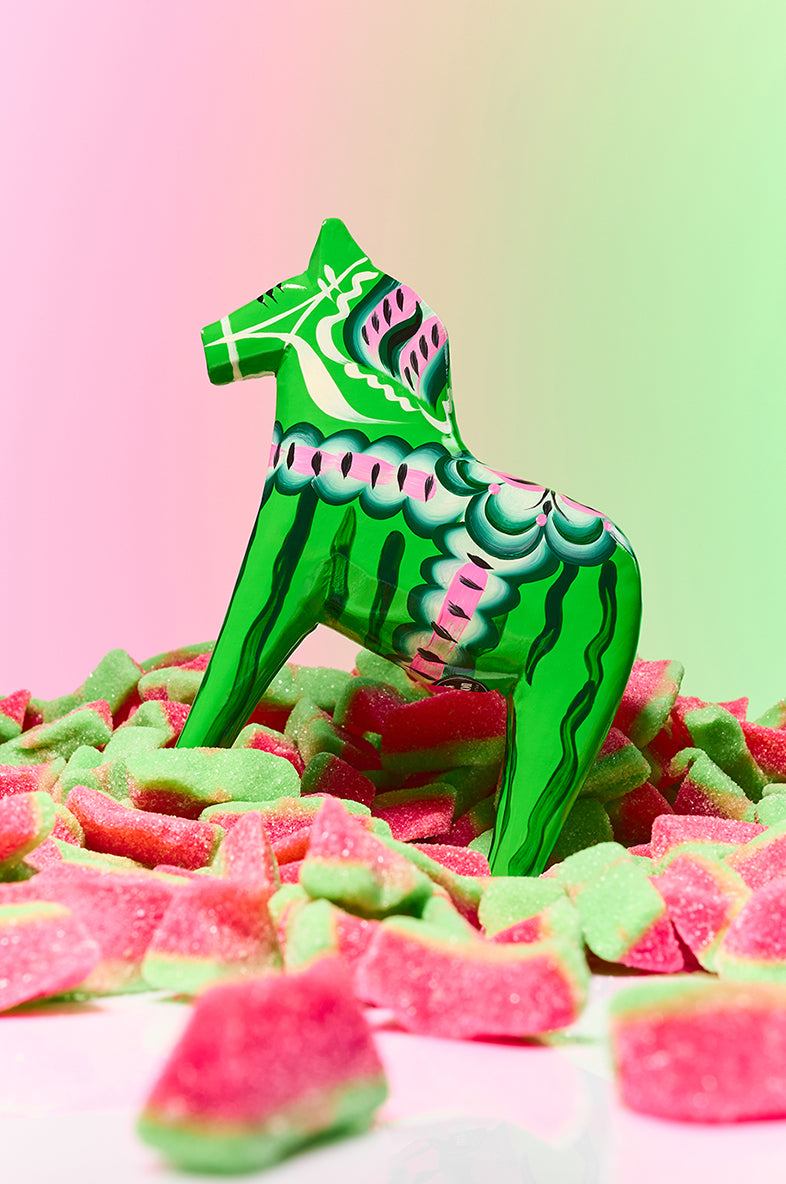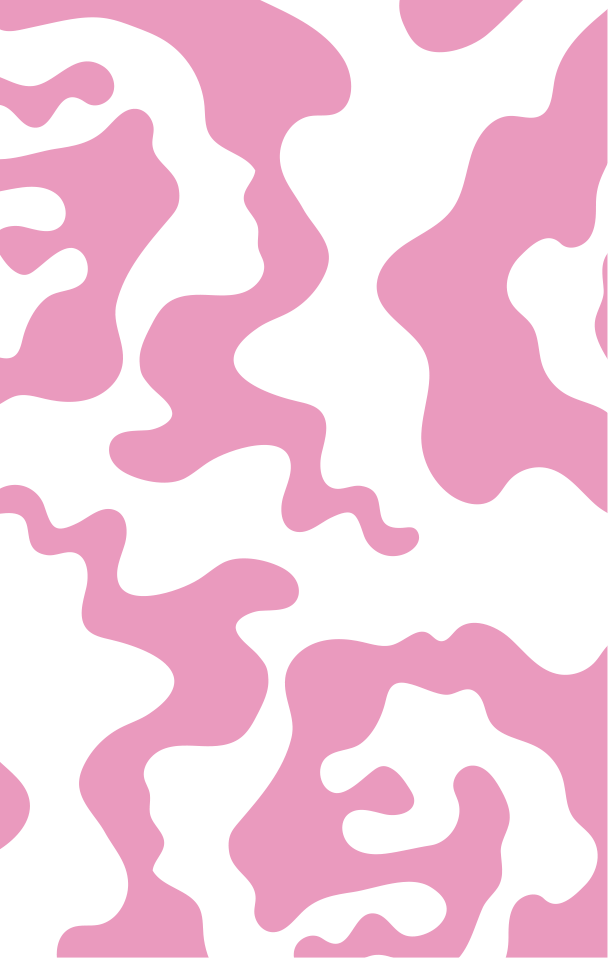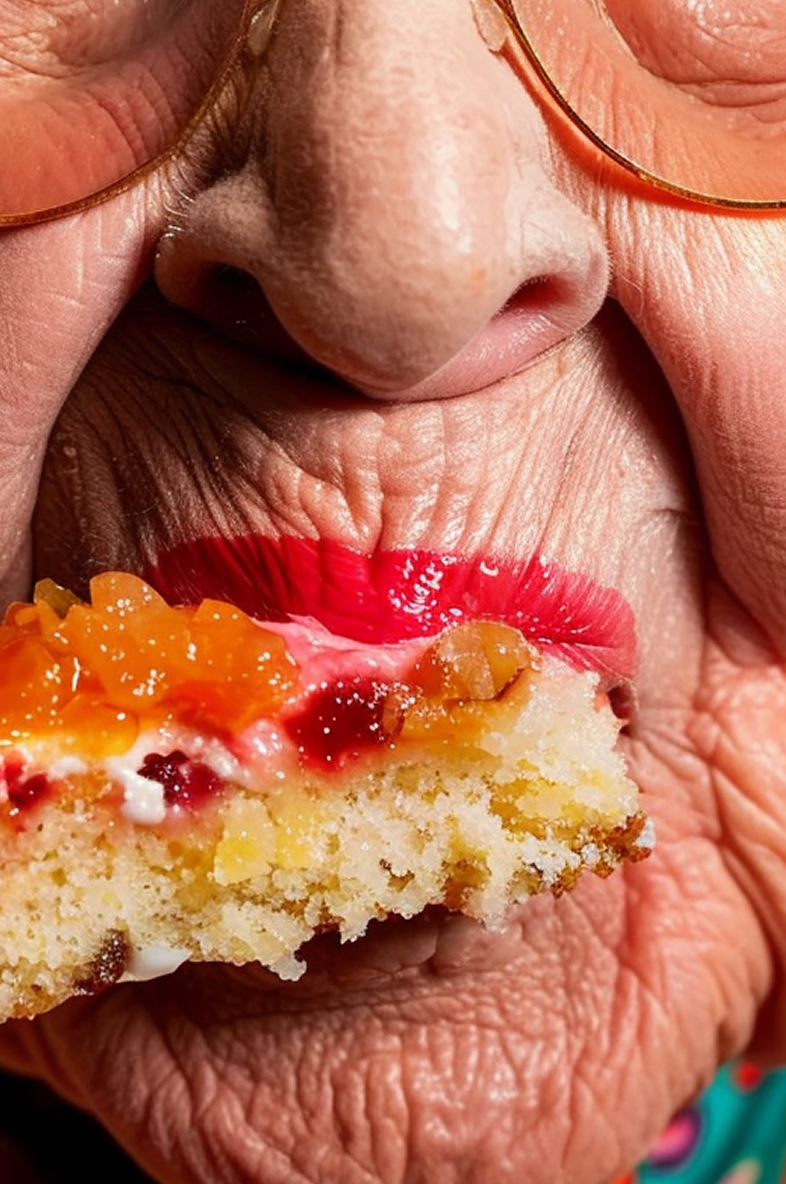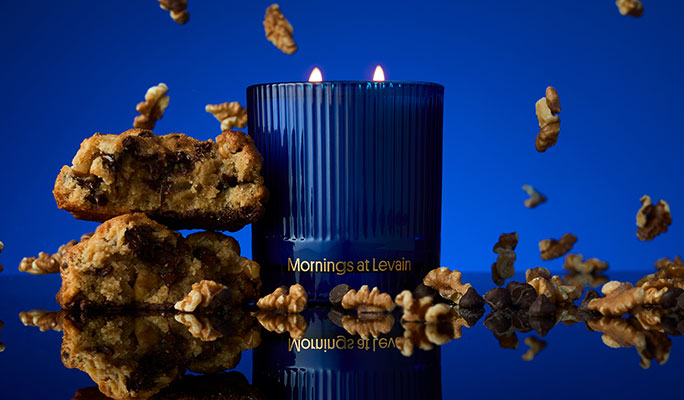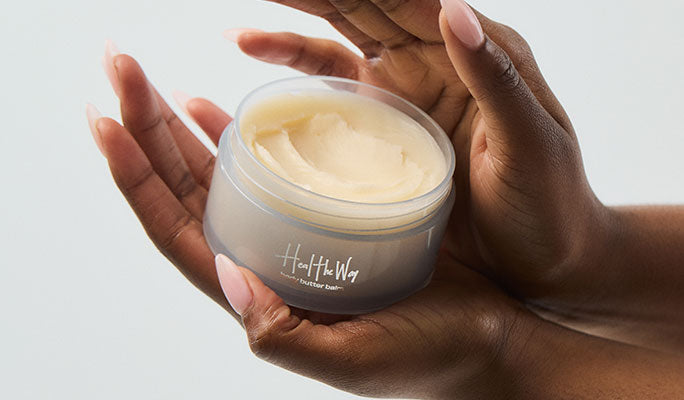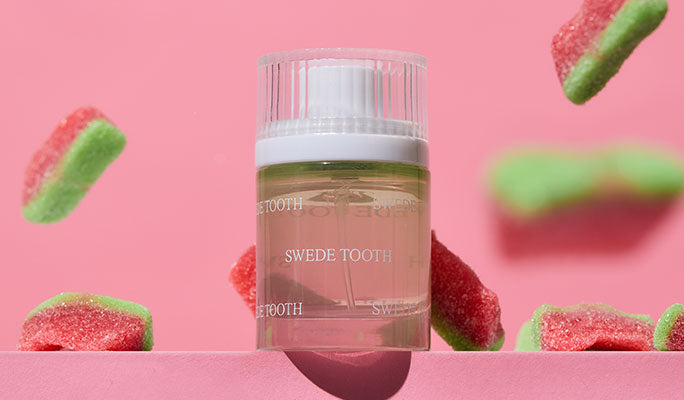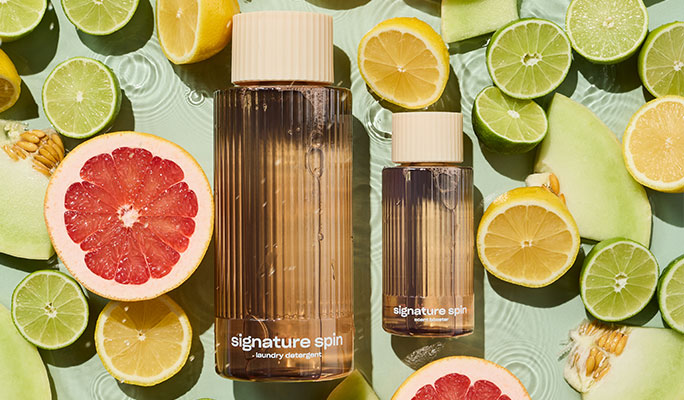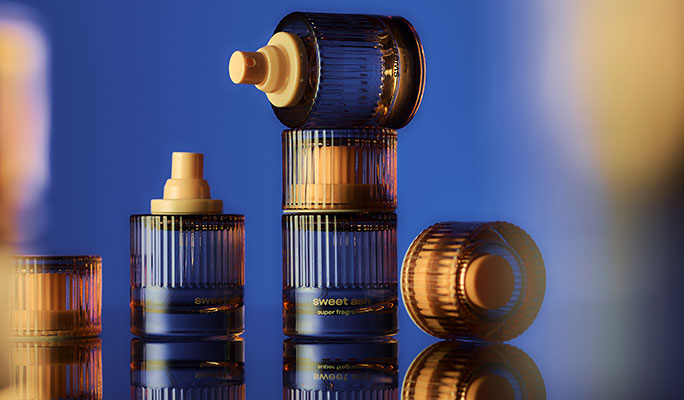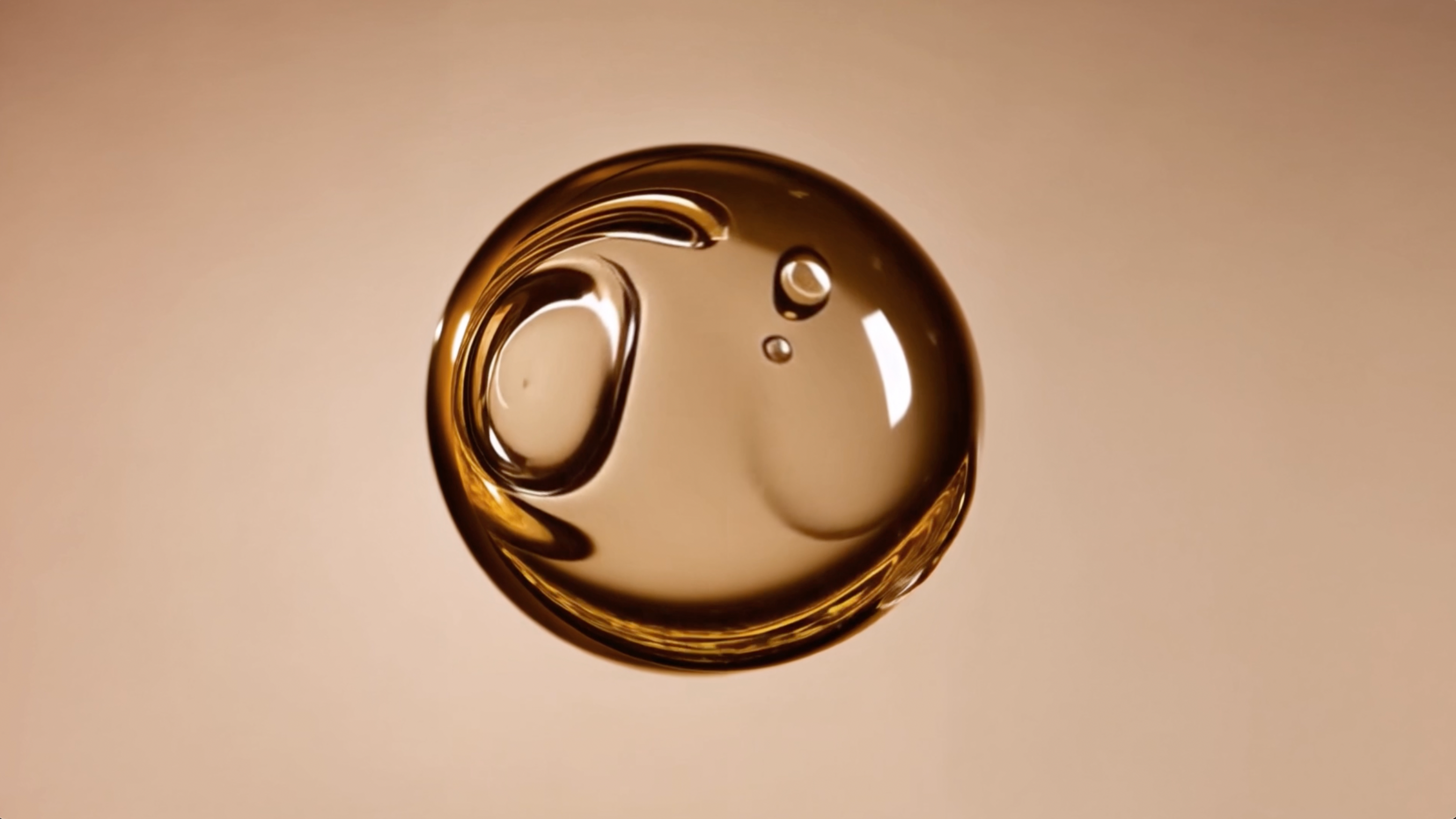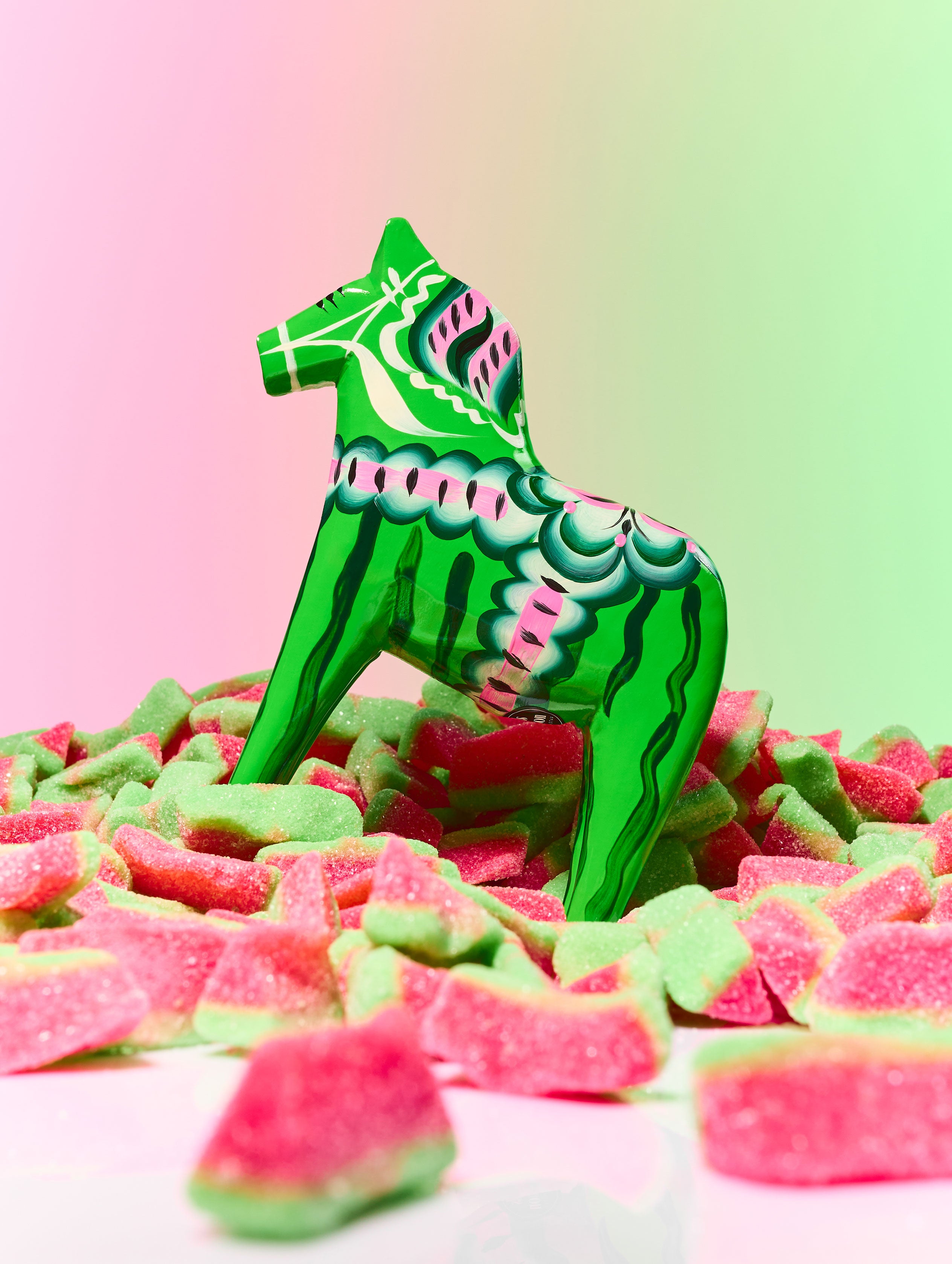If scents aren’t part of your self care routine yet, then we’re hoping to get you hooked. Drawing on wisdom from ancient times, aromatherapy taps into the power of different healing scents to promote your overall well-being.
In this guide, we’re going to take a close look at aromatherapy and dive into 12 of the best scents for emotional healing.
What Is Aromatherapy?
Before we get to the specific scents, we need to define aromatherapy. Generally speaking, aromatherapy refers to the use of essential oils to support your health and wellness.
The idea behind aromatherapy is that inhaling different fragrances can stimulate your nervous system. When you smell a specific essential oil or an essential oil blend, different chemical responses occur throughout your body that prompt a variety of sensations.
What Are the Best Healing Scents?
Now that you know more about what aromatherapy is and how it works, it’s time to explore some of the best scents for emotional healing. This section will break down 12 of the scents that are go-tos for aromatherapists and their uses.
1. Peppermint
Peppermint is a powerhouse in the world of aromatherapy. As a scent that is both energizing and soothing, peppermint is well-loved for its versatility.
Minty and fresh, the smell of peppermint is like the first cool gust of wind in fall, and it’s one of the most heavily researched fragrances in terms of its healing benefits.
2. Frankincense
Characterized by a warm, woody aroma, frankincense essential oil has a fragrance you can turn to in times of turmoil and chaos. It’s calming and intensely grounding (kind of like the fragrance equivalent of climbing into bed after a long, stressful day).
3. Eucalyptus
If you ever have mornings where you can’t seem to clear your head no matter what you do, then eucalyptus might be the scent for you. Inhaling eucalyptus can support your mental clarity and make it easier for you to focus on the tasks you need to get done.
4. Rose
Arguably one of the most famous scents in the world is the floral, delicate smell of rose, and for good reason. Along with being downright delightful, rose has a calming effect, and it’s thought that smelling rose may release endorphins.
To get a whiff of rose, look no further than Rose Era. Redefining a classic scent with a modern twist, this rose perfume combines rose, strawberry, clean laundry accord, and ambrette seeds.
5. Chamomile
Fans of tea might recognize chamomile as one of the main ingredients in any nighttime blend. That’s because chamomile (when combined with lavender essential oil) has been shown to potentially help ease feelings of stress when inhaled. This makes it the ideal wind-down fragrance.
6. Bergamot
Most well-known as the star of Early Grey, bergamot has an invigorating, uplifting smell that can help you get your day started on the right foot. It’s also one of the natural remedies shown to potentially soothe the body and heart rate when inhaled.
Citrusy, calming, and complex, the smell of bergamot is one that will keep you coming back for more.
7. Amber
Another soothing scent is amber (which is why one whiff might instantly transport you to your favorite spa or go-to yoga studio).
You’ll find amber in Heal the Way, a pistachio fragrance featuring pistachio, vanilla, tonka, sandalwood, and palo santo. The result is a comforting scent that can help you find a moment to breathe deep and find a little moment of peace.
8. Sandalwood
Sandalwood is a complementary scent to amber for fragrance designers and aromatherapists alike. Much like amber, sandalwood can calm your nervous system and get you ready for a night of good, restful sleep.
These two are paired together in Way With Woods and blended with white tea, mandarin, and musk.
9. Lemongrass
Fresh, citrusy, and clean, lemongrass is used in aromatherapy to relieve muscle discomfort and promote mental clarity. It’s also thought to support overall cognitive functioning and mood in a general sense, so you can think of lemongrass as a kind of feel-good fragrance.
10. Tea Tree
Tea tree oil is sometimes reminiscent of healthcare or medical settings because it has such a fresh, clean aroma. Like a shot of espresso in the morning, it can wake you up, and inhaling it may keep you breathing easy.
11. Ylang-Ylang
Although you might not be familiar with the name ylang-ylang, you likely know its smell. This floral fragrance is often featured in fragrances and has a distinct, powdery, rich scent. It’s thought that ylang-ylang can put you at ease in terms of aromatherapy, working to soothe your senses.
12. Clary Sage
When you see clary sage, you might instantly think of the sage in the herb section of your section. The type of sage that’s often used in cooking is considered a cousin of clary sage rather than a sibling — so although they are somewhat similar, there are a few important differences.
Clary sage has a more gentle, slightly sweet, and floral scent. Herbaceous, fresh, and clean, the scent of clary sage may help ease stress.
Scented Self-Care
Self-care often includes an elaborate skincare routine, home-cooked meals, and singing along to your favorite songs on the drive to pick up a pint of your favorite ice cream.
While all of these methods are undoubtedly beneficial, you can take your self-care to the next level by incorporating some of the scents on this list. From promoting relaxation to getting you excited to take on the day, aromatherapy can make your self-care even more effective.
Sources:

